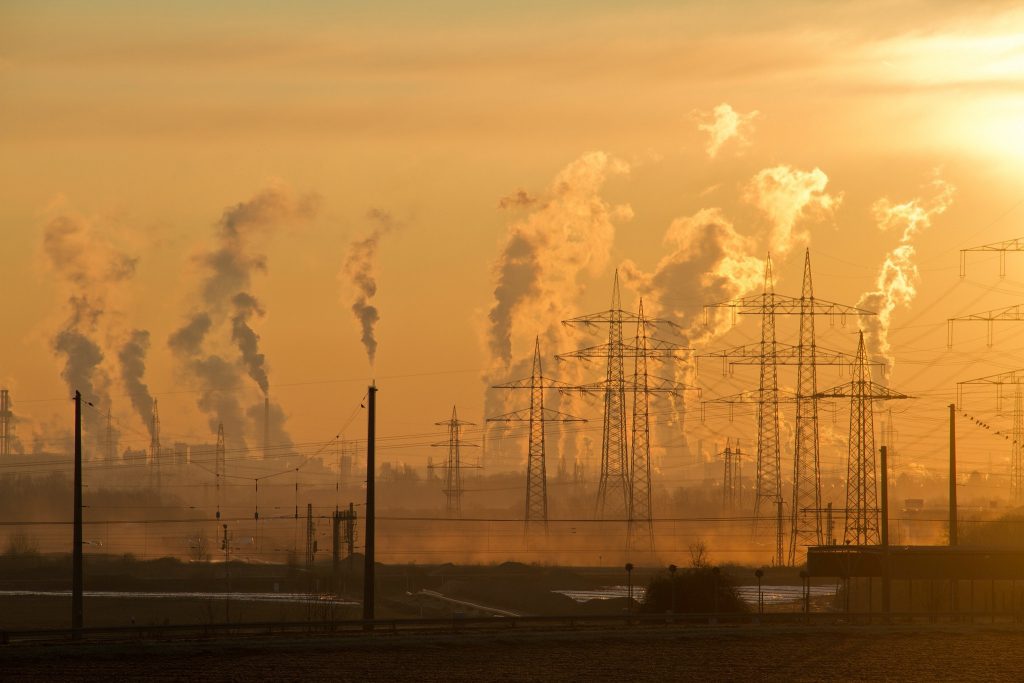Prime Minister Mark Carney signaled a notable shift in his climate policy stance on Friday, suggesting his government may be open to dropping the emissions cap on oil and gas producers if other measures prove effective in reducing emissions.
Asked in Ottawa whether he is considering repealing both the emissions cap and the tanker ban along B.C.’s coast — longstanding demands from Alberta and the oil and gas industry — Carney responded, “It depends,” emphasizing that his government is focused on results, not objectives.
The remarks stand in contrast to his position in March, when he vowed to maintain the emissions cap while exploring other emissions-cutting strategies. The cap, scheduled to take effect in 2030, requires upstream oil and gas operations to cut emissions to 35% below 2019 levels, a key component of Canada’s climate plan to meet its Paris Accord commitments.
Canada has pledged to reduce emissions by at least 40% below 2005 levels by 2030 and reach net-zero by 2050. But the country remains off-track, with current emissions only 8.5% below 2005 levels. The oil and gas sector — responsible for roughly 30% of national greenhouse gas emissions — was the only industry to record an increase last year, rising 1.9% and offsetting progress made elsewhere.
Carney said he is engaged in “constructive discussions” with Alberta Premier Danielle Smith, who has called the emissions cap, tanker ban, and other environmental rules “bad laws.” Smith has proposed a “grand bargain” that would trade federal approval for a new pipeline to the B.C. coast in exchange for advancing the Pathways Alliance carbon-capture project, with hopes of a deal by mid-November.
When asked whether he supports a new West Coast pipeline, Carney said the government backs “nation-building projects,” including traditional energy infrastructure, but only if they deliver economic benefits, align with climate goals, and benefit Indigenous communities. “It depends on all of those elements,” he said, adding Ottawa will engage with proposals that meet those criteria.
Smith and industry leaders argue no pipeline can proceed as long as the emissions cap and tanker ban remain. Enbridge CEO Greg Ebel recently warned his company wouldn’t build a “pipeline to nowhere,” pointing to the export limitations imposed by the tanker ban.
The debate has also ignited interprovincial tensions. B.C. Premier David Eby warned this week that repealing the tanker ban could fracture the fragile consensus supporting coastal resource development. Smith swiftly fired back, calling Eby’s remarks “un-Canadian and unconstitutional.”
In Senate question period Thursday, federal Energy Minister Tim Hodgson reiterated that any pipeline project would need both Alberta’s and B.C.’s support, though Ottawa retains constitutional authority over interprovincial pipelines.
Carney also floated reviving the Keystone XL pipeline during his meeting with U.S. President Donald Trump this week, pitching it as part of a broader trade discussion on steel and aluminum tariffs. But critics say that without flexibility on the emissions cap, such ambitions may be moot.
“It doesn’t matter if you can build a pipeline if you can’t put anything through it,” Conservative MP Andrew Scheer said.

